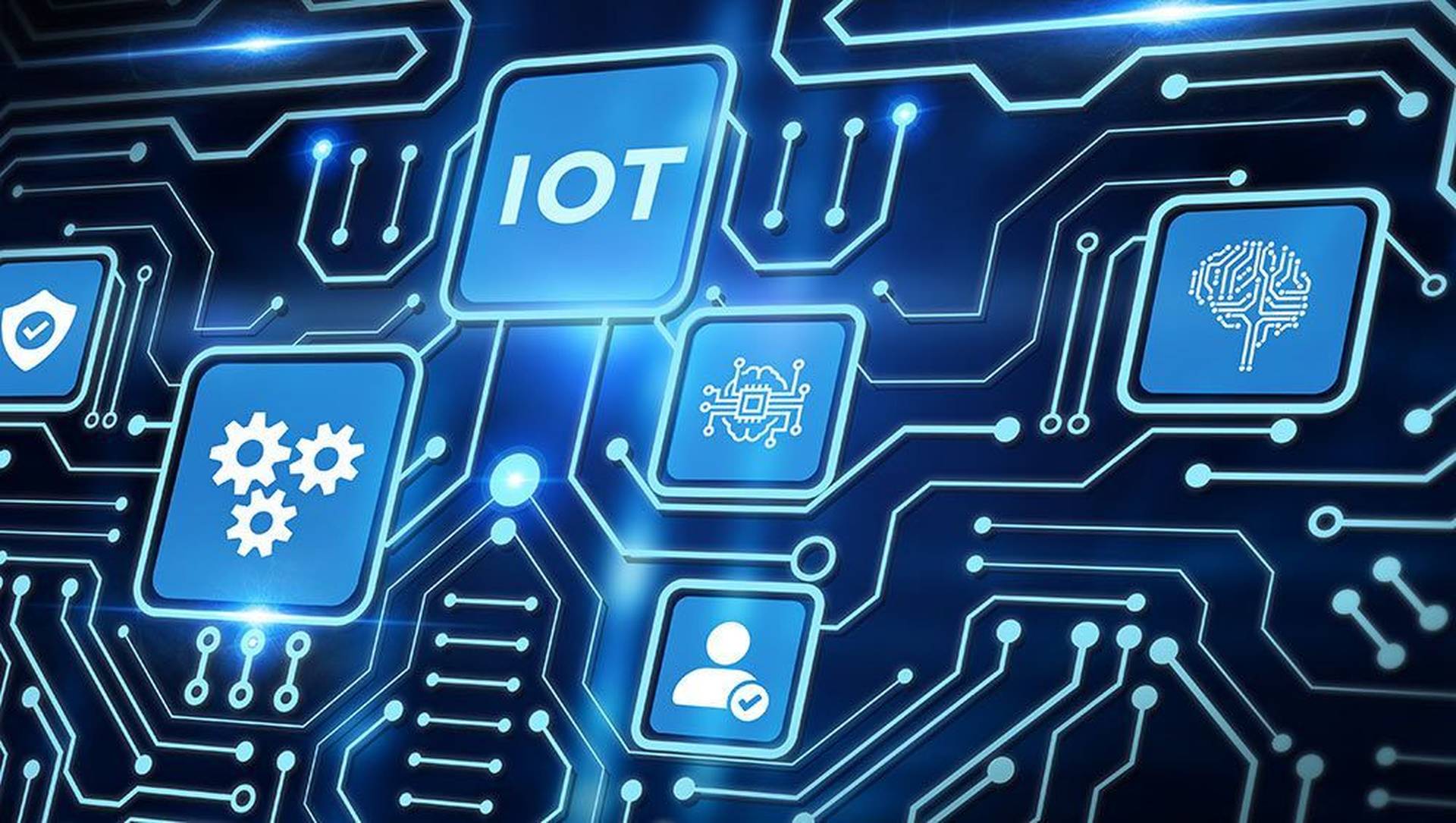The Internet of Things (IoT) is transforming the way we interact with technology. As IoT continues to evolve, it’s essential to address the ethical considerations in IoT development. These considerations are crucial for creating a sustainable and trustworthy IoT ecosystem. In this article, we will delve into various ethical aspects that developers and businesses need to prioritize in the realm of IoT.

Understanding the Importance of Ethics in IoT
IoT devices are becoming ubiquitous in our daily lives. From smart homes to industrial applications, they offer numerous benefits. However, with great power comes great responsibility. The need for ethical frameworks has become increasingly apparent, especially when considering the privacy and security of users.
Privacy Concerns in IoT Development
User Data Collection
One of the primary ethical concerns in IoT is the collection of user data. IoT devices often gather vast amounts of personal information, which can be misused if not handled carefully. Developers must ensure that data collection practices are transparent and that users are informed about how their data will be used.
Data Security
Ensuring data security is another critical aspect. IoT devices are vulnerable to cyberattacks, and breaches can lead to severe consequences. Implementing robust security measures is essential to protect user data and maintain trust.
Transparency and Accountability
Transparency is key to building trust in IoT systems. Developers should be open about how their devices operate and the data they collect. Additionally, accountability mechanisms should be in place to address any ethical breaches.
Impact on Society
Job Displacement
The rise of IoT has the potential to disrupt job markets. Automation and smart technologies can lead to job displacement, raising ethical concerns about the impact on workers and communities.
Environmental Impact
IoT devices contribute to electronic waste and energy consumption. Developers should consider sustainable practices to minimize the environmental footprint of IoT technologies. Exploring environmental monitoring can offer insights into creating eco-friendly IoT solutions.
Legal and Regulatory Considerations
Compliance with legal and regulatory standards is essential in IoT development. Developers must stay informed about relevant laws and ensure their products adhere to them. This includes data protection regulations and industry-specific standards.
Interoperability and Standardization
Interoperability is crucial for the widespread adoption of IoT. Ensuring that devices from different manufacturers can communicate seamlessly is an ethical consideration that can prevent technological silos. Learn more about IoT interoperability challenges.
User Consent and Control
Users should have control over their data and the ability to give informed consent. Developers must design IoT systems that empower users to manage their data privacy settings.
Ethical AI in IoT
Artificial Intelligence (AI) plays a significant role in IoT. Integrating ethical AI principles ensures that IoT systems make fair and unbiased decisions. Developers should prioritize ethical AI practices in their designs.
Case Studies: Ethics in Action
Examining case studies of ethical IoT development can provide valuable insights. Companies that prioritize ethics often gain a competitive advantage and foster trust with their users.
Future Trends in IoT Ethics
As IoT technology continues to advance, ethical considerations will evolve. Staying informed about future trends is essential for developers and businesses to navigate the ethical landscape effectively. For more on future trends, visit IoT product development.
Conclusion: Building a Trustworthy IoT Ecosystem
In conclusion, addressing ethical considerations in IoT development is crucial for creating a trustworthy and sustainable IoT ecosystem. By prioritizing privacy, security, transparency, and accountability, developers can build technologies that benefit society as a whole.

FAQ
1. What are the main ethical concerns in IoT?
The main ethical concerns include privacy, data security, transparency, and the impact on society and the environment.
2. How can developers ensure data security in IoT devices?
Developers can ensure data security by implementing robust encryption, regular software updates, and secure authentication methods.
3. Why is transparency important in IoT?
Transparency is important to build trust with users. It involves being open about data collection practices and how IoT devices operate.


